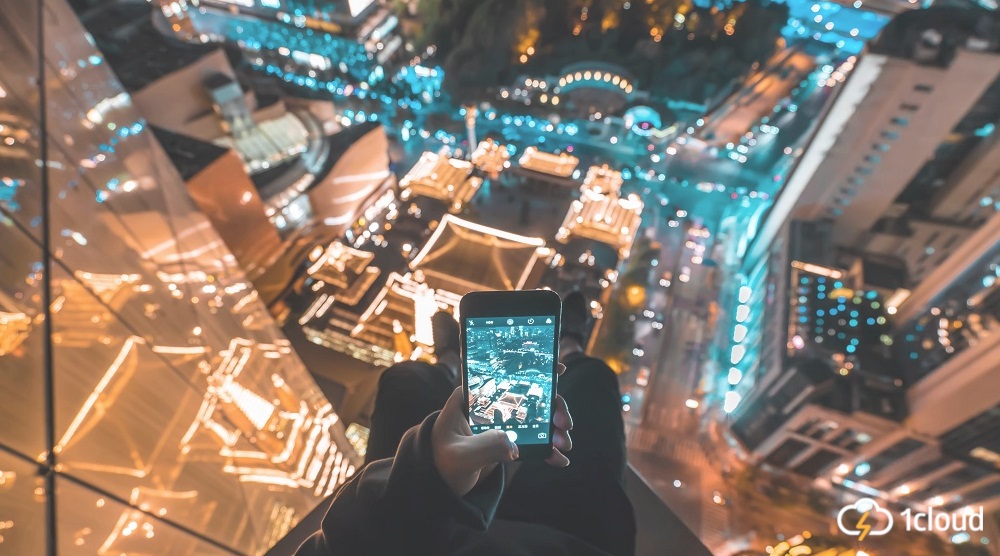Continuation of the discussion:
- Borders for border guards: US court established rules for checking devices - discussing the situation
- Inspection of electronic devices at the border - a necessity or a violation of human rights?

Photo -丁 亦然- Unsplash
What the judge decided
At the end of May, the Seattle District Court ordered FBI investigators to obtain a search warrant before turning on the smartphone of detained citizens. The lock screen often displays personal information, and unauthorized access to it violates the fourth amendment to the US Constitution - it prohibits unreasonable searches.
The judge noted that the requirement does not apply to the police officers who make the arrest. They are allowed to search a mobile device without a warrant, but only in exceptional cases - for example, if they believe that the evidence on the smartphone will be destroyed in the near future.
However, law enforcement officers cannot force a detainee to unlock a mobile device. In 2019, a North Carolina court equated this requirement with self-incrimination.
Public opinion
The decision of the court in Seattle was met positively by the society . The ruling set a precedent that lawyers can refer to in the future, and was another step towards the confidentiality and security of personal correspondence.
Although some in the IT community wondered how to apply the new regulation for smartphones with the Raise to Wake feature , where the screen automatically turns on when the device is lifted. Perhaps a new precedent will be needed to clarify this issue.
Border issue
Another important decision related to the search of mobile devices was made at the end of last year by a Boston federal court. According to Judge Denise Casper, border guards must have good reason to view the contents of smartphones and laptops . Thus, regular screening of gadgets at airport terminals was considered a violation of human rights.

Photo - Ali Yahya - Unsplash
Representatives of the American Civil Liberties Union and the Electronic Frontier Foundation (EFF) considered the court's decision a big victory, as it extends the fourth amendment to the US Constitution to all travelers crossing the American border.
Of course, the new rules apply only to the United States border service. But the problem with screening electronic devices at airports exists in other countries - for example, Canada , the United Kingdom and China .
Soon, restrictions on international flights will be lifted, and we will start traveling to other countries again - and before that, it is worth taking precautions. For example, engineers at Basecamp recommend encrypting all corporate data, copying it to the cloud, and deleting it from a mobile device. Further, it remains to log out into the cloud service so that only you can restore the information. More recommendations on the topic - in the previous article .
:
 — ?
— ?
 « »
« »
 GDPR
GDPR
 : AdTech- GDPR?
: AdTech- GDPR?